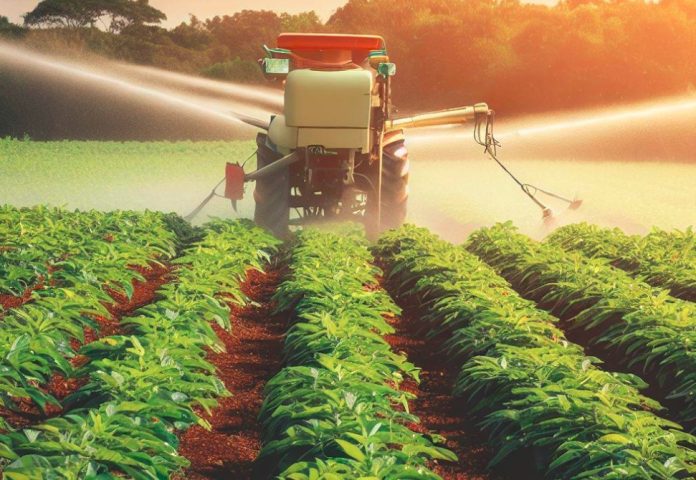News in brief: The European Food Safety Authority (EFSA) has declared glyphosate herbicides safe for agricultural use. The decision comes after conducting extensive assessments. Although, it identified some unsafe uses with high long-term risks to mammals and environmental groups have criticised the decision, urging the European Commission to ban the chemical.
The European Unionâs top safety agency, the European Food Safety Authority (EFSA) declared popular herbicide, Glyphosate, safe for usein a press release. Note that Nigeria’s most widely used herbicide brands, Roundup and ForceUp, are glyphosate products.
The EU’s safety watchdog made this assertion after its own scientists and regulatory scientists from France, the Netherlands, Hungary and Sweden conducted extensive assessment on it. Glyphosate is safe for agricultural practices such as pre-sowing, foliar spraying or post-harvest preservation, it said.
During its risk assessment, the agency revealed that it had identified unsafe uses in terms of ecotoxicology which could pose a risk to mammals in the long run. However, it declined revealing what those uses were until a later date.
The popular chemical weed killer has faced criticism from environmental groups like We Move Europe and The Greens/European Free Alliance, who called for an outright ban. They denounced the latest verdict, describing it as shocking and disappointing.
Glyphosate is the most widely used pesticide in the world, but critics insist that it has carcinogenic properties and can harm wildlife. The EU last approved it in 2017, in an allegedly controversial process, and extended its five-year license for another 12 months last December.
“The deeply flawed EU pesticide authorisation system neglects a wealth of independent and peer-reviewed scientific studies that link glyphosate to severe health and environmental problems,” industry watchdog group Corporate Europe Observatory had said. “Many studies prove that glyphosate is genotoxic, neurotoxic, damages the gut microbiome and causes serious damage to soil, aquatic life and biodiversity.”
A “Stop Glyphosate” coalition of NGOs called on the European Commission and national governments to ban the chemical. They noted that several EU countries, including France, considered the five-year approval in 2017 a phase-out period.
“As long as the evidence of potential cancer risks has not been refuted, only one decision is conceivable: The European Commission must take the precautionary principle into account and withdraw glyphosate’s approval,” said Jörg Rohwedder of Foodwatch International. He cited the 2015 conclusions of the World Health Organization’s cancer research arm, IARC, which classified glyphosate as “probably carcinogenic to humans.”
The European Commission will begin deliberating on whether to ban or keep the herbicide in the market in October 2023.



